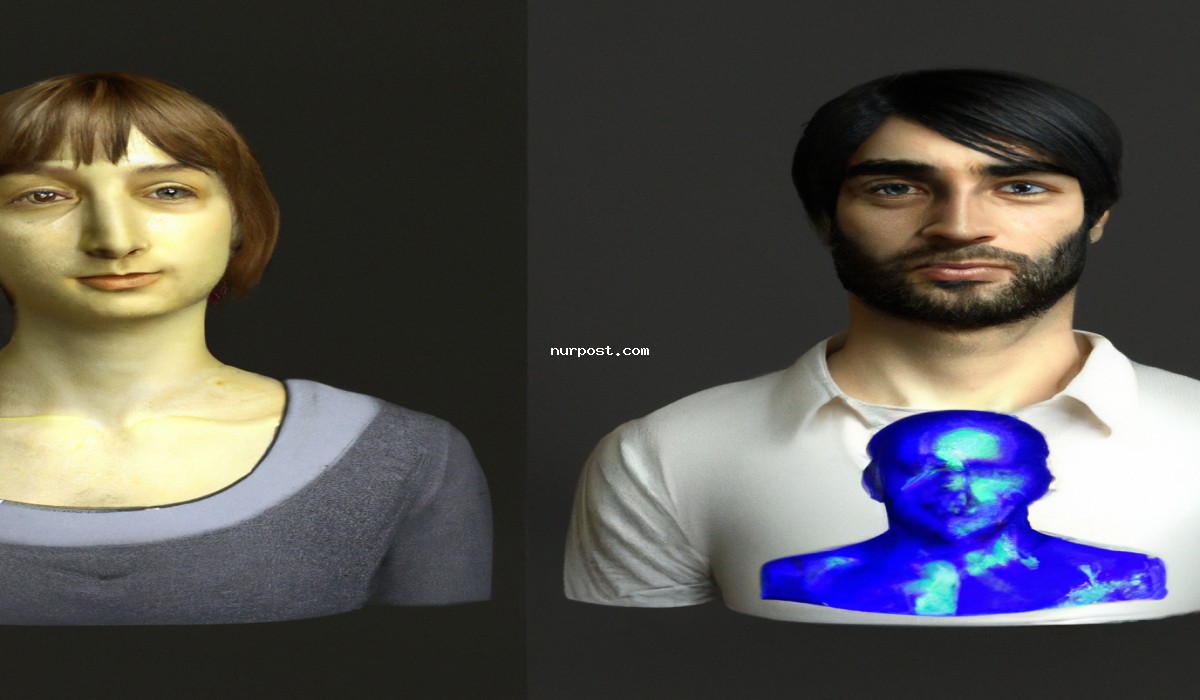How to Get Relationship Therapy? Are you and your partner looking for help in your relationship? Are you stuck in an unhealthy pattern of behaviour that’s preventing you from making progress?
How to Get Relationship Therapy
Relationship therapy is an excellent way to get the help and guidance you need to fix any communication-related issues between you and your partner. This blog post will explain how to get relationship therapy in 10 easy steps.
Research Types of Therapy
The first step you need to take when getting relationship therapy is to learn a bit about the different types of therapies that are available. Therapists practice different approaches to therapy, so research a few and find the one that you think could work best for you and your partner.
Some common types of therapy are cognitive behavioural therapy (CBT), psychoanalytic therapy, and interpersonal therapy. Each type of therapy has its own unique approach and different techniques for helping couples resolve their issues.
Find a Therapist
Finding an experienced counsellor or therapist who specialises in couples therapy is an important step towards getting the help you need. You can research local practitioners or online providers and ask for referrals from trusted family or friends who have seen success with therapy in the past.
How to Get Relationship Therapy
It’s important to note that the relationship between you and your counsellor is key to a successful therapy experience, so finding the right fit may take some time.
Schedule an Initial Consultation
When you find a therapist that you feel comfortable with, you can schedule an initial consultation. This is an opportunity for you and your partner to meet with the therapist without committing to ongoing sessions.

The consultation is a chance to get to know the therapist and discuss your needs. The therapist will also take some time to assess your situation and suggest a plan for moving forward that’s tailored to meet your needs.
Make a Treatment Plan
Once the therapist has evaluated your situation, they will suggest a treatment plan that they think can best help you and your partner.
The treatment plan will involve regular appointments with the therapist, either in-person or online, to work on the conflict or communication challenges you’re facing. It will also include assignments you and your partner can do between sessions to help you work on your issues on your own.
Discuss Goals and Expectations
During your initial consultation with the therapist, it’s important to set realistic goals and expectations. The therapist can help you decide on short-term and long-term goals for your therapy experience and provide guidance on how to reach these goals.
Setting expectations can also help you and your partner stay focused throughout the therapy process and give you the ability to measure your progress.
Talk Openly with Your Partner
During your therapy sessions, it’s important to talk openly and honestly with your partner about your needs and feelings. This will help the therapist to better understand your situation and how to best help you.
How to Get Relationship Therapy
You should also be aware that there will be times when one or both of you feel uncomfortable or vulnerable. It’s important to be patient with each other and try to create an open and safe space for communication within the sessions.
Follow the Therapist’s Advice
Your therapist will provide advice and guidance throughout the therapy process, and it’s important to follow their advice. This will help keep you and your partner focused on working towards your goals and allow the therapist to help you both achieve positive results. As long as you follow the therapist’s advice and put in the work, you will begin to see positive changes in your relationship.
Understand Your Feelings
Throughout the therapy process, it’s important to identify and understand your feelings. This can help you be more aware of how your feelings impact your actions and how you communicate with your partner.
Knowing your feelings is an important part of improving communication and resolving conflicts between you and your partner. It may also help you and your partner identify areas where you need to put in more effort or provide more support for each other.
Accept Feedback from Your Partner
During your therapy sessions, it’s important to accept feedback from your partner and use it to better understand how your behaviour may be impacting your relationship. Listening to your partner’s feedback and responding with understanding can help to strengthen your connection and build trust within your relationship.
Keep Working on Your Goals
The work you and your partner have done during your therapy won’t be wasted once you end your sessions. You should continue to work on your goals and objectives and keep putting in effort to maintain healthy communication in your relationship. You should also keep checking in with your partner to ensure that any progress made during your therapy is maintained even after the sessions end.
How to Get Relationship Therapy
Getting relationship therapy can be a difficult but rewarding process. By following these 10 steps, you and your partner can start the process of setting realistic goals and gaining the help and support you need to build a healthier, stronger relationship.
FAQs
Does Relationship Therapy Help?
Yes, relationship therapy can be a great tool for couples looking to improve communication, resolve conflicts, and develop healthier and stronger relationships. It provides the structure and guidance needed to identify areas of improvement and work together on solutions.
Is Relationship Therapy Expensive?
The cost of relationship therapy varies depending on the type of therapy and the therapist. Many health insurance plans cover some or all of the costs of therapy, so it is important to check with your insurance provider to find out what your coverage includes.
How Long Does Relationship Therapy Take?
The length of relationship therapy varies depending on the type of issues you and your partner are facing and what your goals are. On average, couples therapy typically lasts 8-12 weekly sessions, but it can take longer or shorter depending on your needs.
Is It Normal to Feel Nervous About Relationship Therapy?
Yes, it is normal to feel nervous or apprehensive about starting relationship therapy. However, many couples find that therapy helps them become more self-aware of their behaviour and communication patterns, resulting in positive and lasting changes in their relationship.
How Do You Know If Relationship Therapy Is Working?
Typically, couples will begin to see progress in their therapy sessions within the first 6-10 weeks. You may experience less tension and conflict, better communication, and improved trust within your relationship. If you don’t experience these benefits, it may be time to consider finding a new therapist.
What If My Partner Doesn’t Want Relationship Therapy?
If your partner is reluctant to start relationship therapy, it is important to have an honest conversation and explain why you think therapy could benefit the relationship. You should be patient and understanding and allow your partner to come to the decision on their own time.
What Should I Look for In a Relationship Therapist?
When looking for a relationship therapist, you should look for a therapist who specialises in couples therapy, has experience with the issues you are faced with, and can provide a safe and open environment to communicate. It’s also important to find someone who you both trust and feel comfortable talking to.
